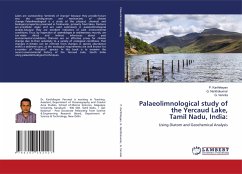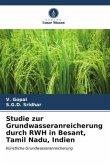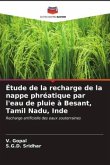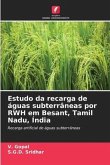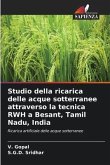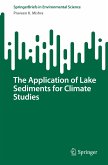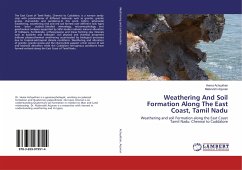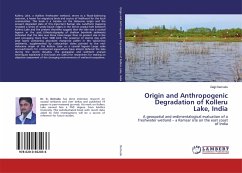Lakes are outstanding "sentinels of change" because they provide future into the consequences and mechanisms of climate change. Paleolimnological is a study of the physical, chemical and biological properties preserved in freshwater, primarily from lakes. Diatoms are unicellular algae and are used extensively in palaeolimnological studies because they are excellent indicators of past environmental conditions. Thus, by inspection of assemblages in sedimentary records, we can make direct and indirect inferences about past environmental conditions. Diatoms are an effective proxy for climate change due to their sensitivity to a variety of ecological conditions. Past changes in climate can be inferred from changes in species abundance within a sediment core, as the ecological requirements are well known for a number of "indicator species. In this book is to examine the recent environmental history of the Yercaud Lake, South India using palaeolimnological techniques.
Bitte wählen Sie Ihr Anliegen aus.
Rechnungen
Retourenschein anfordern
Bestellstatus
Storno

